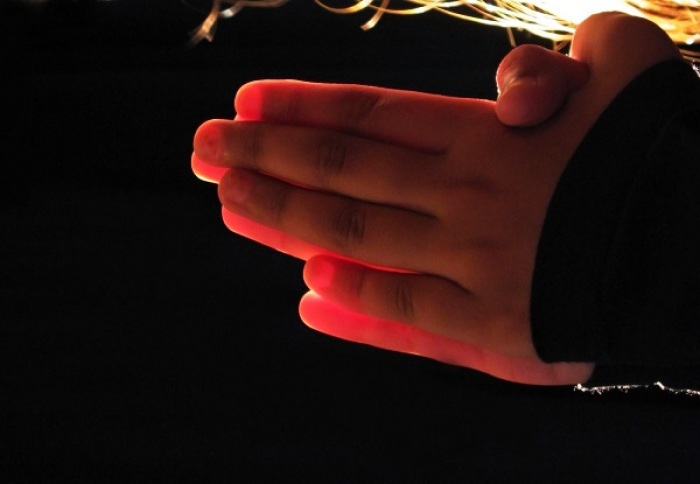Sixth Circuit Court Rules in Favor of Michigan County's Prayer at Public Meetings

The Sixth Circuit Court of Appeals has ruled in favor of a Michigan county's invocation policy for monthly public meetings that allow commissioners to give prayers.
In a decision released by the full court on Wednesday, a majority of the Sixth Circuit concluded that Jackson County Board of Commissioners' invocation policy was constitutional.
Judge Richard Allen Griffin authored the majority opinion, which overturned a 2–1 three-judge panel ruling from earlier this year and affirmed a previous district court decision.
"The board's invocation practice is facially neutral regarding religion. On a rotating basis, each elected Jackson County commissioner, regardless of his religion (or lack thereof), is afforded an opportunity to open a session with a short invocation based on the dictates of his own conscience," wrote Judge Griffin.
"Neither other commissioners, nor the as a whole, review or approve the content of the invocations. There is no evidence that the board adopted this practice with any discriminatory intent."
Griffin cited the landmark 2014 U.S. Supreme Court case Town of Greece v. Galloway, in which the high court ruled 5–4 that a New York town could have sectarian prayers open their public meetings.
"The Supreme Court in Town of Greece had little trouble finding the invocation prayers were in keeping with our tradition," continued Griffin.
"Most significantly, history shows that legislator-led prayer is a long-standing tradition. ... As reflected in [Marsh v. Chambers] and Town of Greece, this history of legislators leading prayers is uninterrupted and continues in modern time."
First Liberty Senior Counsel Ken Klukowski, who helped represent Jackson County, released a statement celebrating the full court's decision.
"This decision further solidifies what the U.S. Supreme Court has now twice said: Invocations before government meetings are constitutional and an important part of our nation's history and heritage," said Klukowski.
In 2013, local activist Peter Bormuth, a self-described pagan and animist, sued the Jackson County Board of Commissioners over their policy of having one of the commissioners give an invocation at the start of their monthly meetings.
In February, a three-judge panel of the Sixth Circuit ruled in favor of Bormuth, overturning an earlier district court ruling.
"We hold that the district court erred in rejecting Bormuth's argument that the prayer practice coerced residents to support and participate in the exercise of religion," read the panel's majority opinion.
"Legislative prayer may fall outside the bounds of the Establishment Clause if it strays too far from its traditional purpose and effect — respectful solemnification — or if it is unconstitutionally coercive."
Americans United for Separation of Church and State, which filed an amicus brief on behalf of Bormuth, expressed disappointment at the full court decision issued Wednesday.
"This ruling clearly shows favoritism to one faith above others, which is not what this country is about," said Richard B. Katskee, Americans United's legal director.
"We don't want or need any more reason for divisiveness and civil strife along religious — lines and the Constitution doesn't allow it."




























